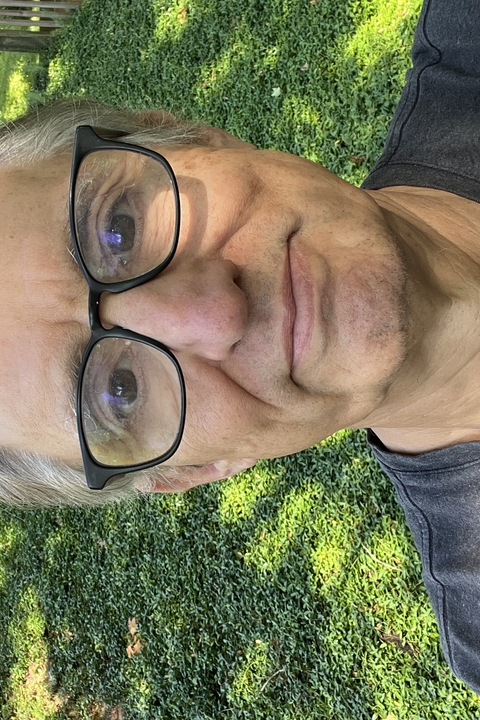Languages are such intimate parts of individual lives because they are also abstract
conventions shared with indefinitely many others. For me this obvious duality has also been
mysterious enough to be worth studying in conditions of social and linguistic change, mostly in
Indonesia.
I first studied there with members of the traditional nobility in Central Java, known for their
mastery of the so-called “speech levels” of Javanese. I aimed to show how their habits of
speech and interaction changed in a Javanese kingdom that became part of multiethnic
Indonesia. In one book (1985) I described these manners of speech as mediating shifting social
and hierarchies; in another (1988) I described symbolic properties that Javanese shares with
less complex, more familiar kinds of verbal politeness.
The Indonesian language and nation were called into public existence in 1928, and since then
have enabled and shaped each other. Between 1966 and 1998 Indonesian spread rapidly as a
second language and instrument of an authoritarian program of transethnic development. In
1986 I studied local versions of this nationwide dynamic in Surakarta’s rural surround, focusing
on young Javanese bilinguals. They were acquiring Indonesian in the midst of broader
engagements with a range of “outside” forces, and with each other as fellow villagers and
citizens of the nation. The resulting book (1998) framed their everyday ways of “mixing”
Indonesian and Javanese as transient, collective responses to national modernity’s promises
and threats.
Indonesian is now widely known everywhere, but spoken natively nowhere. This raises the core
question in my last research in Indonesia (2022): what senses of national identity can be shared
by native speakers of Indonesia’s hundreds of ethnic languages? Working with Indonesian
colleagues, I developed an empirical approach to this question by studying vernacular
Indonesian speech in two provincial capitals, Kupang and Pontianak. Tal in both towns
obviously deviate from official standards, but turn out to differ as means of negotiating different
conditions of multiethnic urban modernity. So from a comparative angle an absence of native
speakers, nonstandard and standard kinds of Indonesian can be seen as enabling alignments
between practical senses of membership in urban communities and a national community.
In all this work actualities of speech are framed interpretively, as clues to speakers’ multiple,
changeable senses of social difference and identity. In this way it addresses a key topic
contemporary linguistic anthropology: language-centered ideas or ideologies that reflect
particular social interests on one hand, and help on the other make speech a source of “natural”
evidence of language users’ qualities and identities. This theme is central also in my sketch
(2008) of descriptive work done by linguists over centuries of colonial encounter. This review
centers on literacy-based skills and values which helped both to reduce speech to writing, and
to represent linguistic properties as reflections of human deficiencies. This is part of an
intellectual inheritance I have tried neither to abandon or reproduce. Instead I have tried to
rework and adapt it to understand better how language difference figures in the human
condition.
